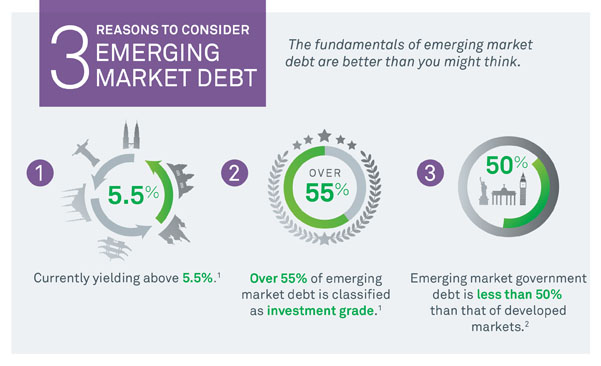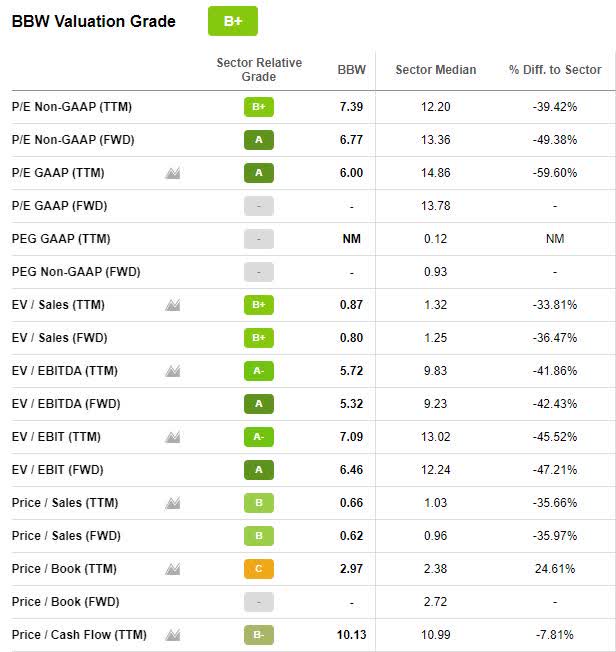
You can make a lot of money by using a long-term trading strategy. To be successful, you will need patience and the ability to keep your position intact for a long time. This strategy has many advantages. Profitable currency fluctuations will allow you to make money. Investing in the forex market is not a simple business. No matter whether you are a beginner trader or an expert, it is important to analyze the market in order to make the best decisions.
Forex trading can be difficult for beginners. A few bad trades can lead to a change in strategy. To test your trading skills and to see how profitable you are, you might consider opening a demo account. Once you make a few trades you will likely notice that you can make huge gains. Do not let a bad trade discourage you. This will not hinder your ability in the future to trade.
To be able to trade long-term strategies, you will need a large account. A large account will help you stay afloat during times when the market retraces. A large margin is also a good thing for traders who trade short-term. However, you should avoid using too much leverage in your forex trades. It is better to keep your margin at a low percentage. This will help minimize forex market risks.

The market must be analysed and a forecast of the price movements will be made. You will also need to set a stop-loss for every trade. A profit target should be set for each trade. It is important to remain calm and focused in times of volatility.
You should select a reliable broker to start trading long-term strategies. You should also have a large capital to help you invest in the forex market. You will struggle to maintain the short-term market swings if you have a small portfolio.
A deeper analysis of price movements over a longer time frame is required for long-term trading forex strategies. Changes in monetary policy can also affect it. It is important that you understand the economy's current direction. This will help determine your trading strategy. You should only buy when the price rises above the MA (50 day moving average). This indicates that the forex market is trending up.
Also, you should not close trades without giving notice. You should also ensure that you set a stop-loss in proportion to the time frame. You may lose your chance to make a profit if you close a trade too soon.

Retail traders are best served by a long-term forex strategy. It is also very popular with big investors. Warren Buffet purchased dips in the stock exchange during the 2008 financial crises.
FAQ
What's the difference among marketable and unmarketable securities, exactly?
The main differences are that non-marketable securities have less liquidity, lower trading volumes, and higher transaction costs. Marketable securities are traded on exchanges, and have higher liquidity and trading volumes. Marketable securities also have better price discovery because they can trade at any time. However, there are many exceptions to this rule. For instance, mutual funds may not be traded on public markets because they are only accessible to institutional investors.
Non-marketable securities can be more risky that marketable securities. They usually have lower yields and require larger initial capital deposits. Marketable securities are usually safer and more manageable than non-marketable securities.
A large corporation may have a better chance of repaying a bond than one issued to a small company. The reason is that the former is likely to have a strong balance sheet while the latter may not.
Because they are able to earn greater portfolio returns, investment firms prefer to hold marketable security.
What is security at the stock market and what does it mean?
Security is an asset that produces income for its owner. Most security comes in the form of shares in companies.
There are many types of securities that a company can issue, such as common stocks, preferred stocks and bonds.
The earnings per shared (EPS) as well dividends paid determine the value of the share.
A share is a piece of the business that you own and you have a claim to future profits. You receive money from the company if the dividend is paid.
Your shares can be sold at any time.
How are securities traded?
The stock market allows investors to buy shares of companies and receive money. To raise capital, companies issue shares and then sell them to investors. Investors then resell these shares to the company when they want to gain from the company's assets.
The supply and demand factors determine the stock market price. The price goes up when there are fewer sellers than buyers. Prices fall when there are many buyers.
Stocks can be traded in two ways.
-
Directly from your company
-
Through a broker
Is stock marketable security?
Stock is an investment vehicle where you can buy shares of companies to make money. This is done through a brokerage that sells stocks and bonds.
You could also choose to invest in individual stocks or mutual funds. In fact, there are more than 50,000 mutual fund options out there.
The difference between these two options is how you make your money. Direct investments are income earned from dividends paid to the company. Stock trading involves actually trading stocks and bonds in order for profits.
In both cases, ownership is purchased in a corporation or company. However, when you own a piece of a company, you become a shareholder and receive dividends based on how much the company earns.
Stock trading offers two options: you can short-sell (borrow) shares of stock to try and get a lower price or you can stay long-term with the shares in hopes that the value will increase.
There are three types for stock trades. They are called, put and exchange-traded. Call and put options give you the right to buy or sell a particular stock at a set price within a specified time period. ETFs are similar to mutual funds, except that they track a group of stocks and not individual securities.
Stock trading is very popular because investors can participate in the growth of a business without having to manage daily operations.
Stock trading is not easy. It requires careful planning and research. But it can yield great returns. To pursue this career, you will need to be familiar with the basics in finance, accounting, economics, and other financial concepts.
Statistics
- Ratchet down that 10% if you don't yet have a healthy emergency fund and 10% to 15% of your income funneled into a retirement savings account. (nerdwallet.com)
- The S&P 500 has grown about 10.5% per year since its establishment in the 1920s. (investopedia.com)
- "If all of your money's in one stock, you could potentially lose 50% of it overnight," Moore says. (nerdwallet.com)
- For instance, an individual or entity that owns 100,000 shares of a company with one million outstanding shares would have a 10% ownership stake. (investopedia.com)
External Links
How To
How can I invest my money in bonds?
You will need to purchase a bond investment fund. While the interest rates are not high, they return your money at regular intervals. These interest rates are low, but you can make money with them over time.
There are many ways to invest in bonds.
-
Directly purchase individual bonds
-
Buy shares of a bond funds
-
Investing through a bank or broker.
-
Investing through financial institutions
-
Investing through a Pension Plan
-
Invest directly through a stockbroker.
-
Investing through a Mutual Fund
-
Investing through a unit trust.
-
Investing in a policy of life insurance
-
Investing via a private equity fund
-
Investing using an index-linked funds
-
Investing through a Hedge Fund